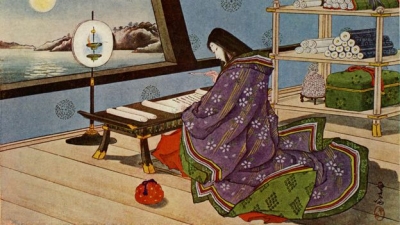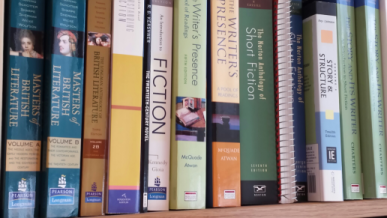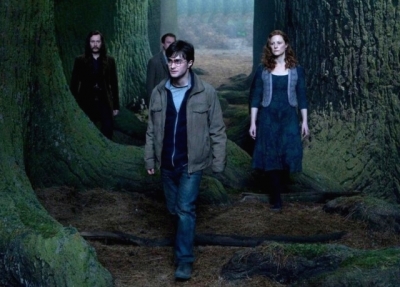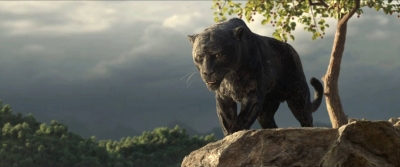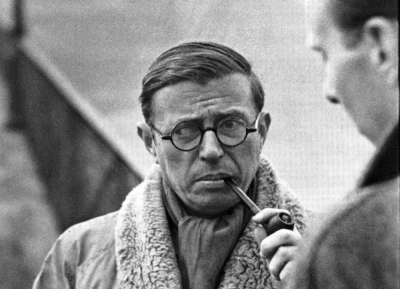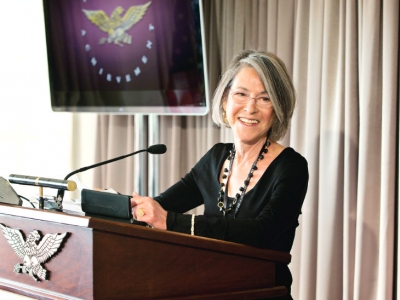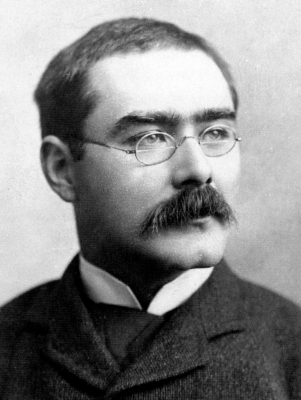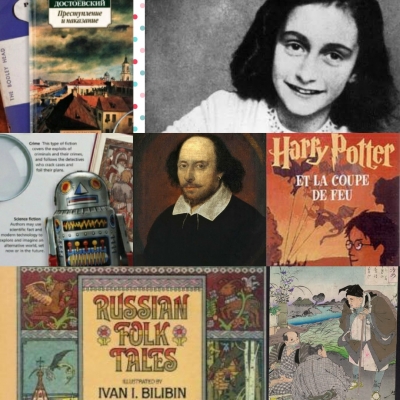
LITERATURE
Any form of creative writing is called literature. It includes fiction, such as novels, poems, and plays, and non-fiction, including reference books, diaries, letters, and autobiographies. In all these literary forms, writers use their imagination to shape their material. They set out to convey information, ideas, or feelings in a clear and informed way that will interest and engage the reader.
Authors who write fiction create events, settings, and characters from their imaginations. Although writers may base their stories on true events, there are always some elements that are made up. Works of fiction can include short stories, novels (long stories containing at least 60,000 words), poems, and plays.
Science fiction
Authors may use scientific fact and modern technology to explore and imagine an alternative world, set now or in the future.
Writing that is based on fact is called non-fiction. Authors need to thoroughly research and understand their subject so they can bring to life actual events – historical, political, and personal. Non-fiction titles also include biographies (accounts of people’s lives) and autobiographies (authors’ accounts of their own lives).
Anne Frank wrote about her experiences as a Jewish girl hiding from the Nazis in World War II.
Stories written for an audience fall into the category of drama, which may be performed in a theatre or in the movies, or on the radio or television. The audience expects something to happen, so writers use language to create characters and situations that will hold their interest.
English playwright William Shakespeare is considered the world’s most successful dramatist.
Today, young readers enjoy a huge range of literature, both fiction and non-fiction. Writing for children is a specialized area, and authors often work alongside illustrators to get the story across effectively. In general, children’s books follow the adventures of a main character who is a similar age to the reader. The storyline may also introduce the reader to challenges in their own lives, such as bullying or bereavement.
Hugely popular books that sell to vast numbers of readers are referred to as bestsellers. The biggest seller of all time is the Bible, with approximately 6 billion copies sold. Former Chinese leader Mao Zedong’s Quotations from Chairman Mao sold some 1 billion copies. The holy book of Islam, the Qur’an, is close behind with 800 million copies. One of the most important works of Western literature, the Spanish novel Don Quixote by Miguel de Cervantes Saavedra, has to date sold about 500 million copies.
• More than 2 billion copies of Agatha Christie’s crime novels have been sold worldwide.
• The bestselling playright is William Shakespeare, with an estimated 4 billion copies sold.
• The seven books in J K Rowling’s Harry Potter series have sold more than 500 million copies.
• The Lord of the Rings by JRR Tolkein has sold more than 150 million copies.
• The Bible has been translated into more than 2,000 languages.
These magical stories usually feature fantastic characters facing near impossible challenges, set in an unspecific time in the past. The original tales, found in every culture, have no known authors. They were first intended for a general audience, but now folk tales are often thought of as children’s books. They are usually beautifully illustrated with images of the people and places.
In contrast to prose, poetry is often written in lines rather than paragraphs. Poets choose words that will best express an image, an idea, or a feeling. Some poetry rhymes, but not all. An ancient form of poem is the Japanese haiku, which requires the poet to use words made up from 17 syllables (single units of speech) to convey an idea or image.
Picture Credit : Google
